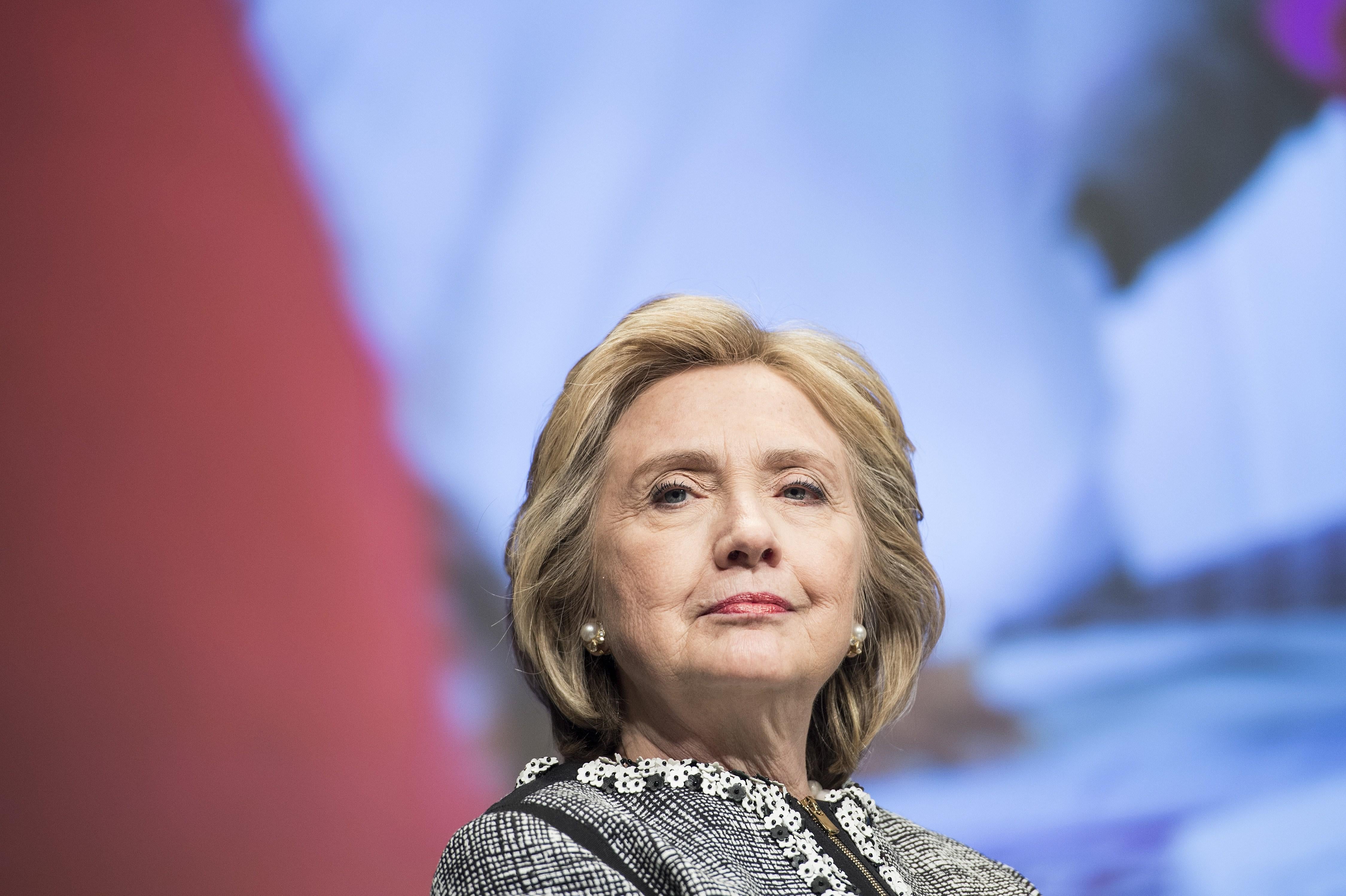Clinton Cash, an investigation into foreign donations to the Clinton Foundation and Hillary Clinton’s policies toward associated foreign actors as secretary of state, won’t hit bookstores for another two weeks. Partisans, pundits, and political reporters, however, aren’t waiting that long to make it the latest Clinton controversy.
Rand Paul has declared that the book, written by conservative journalist Peter Schweizer, will “make people question whether [Hillary Clinton] ought to run for president.” Fox News plans to air a one-hour special on it this Friday. The New York Times has dubbed it “the most anticipated and feared book of a presidential cycle still in its infancy.” And Hillary Clinton has tried to shrug it off as a “distraction,” while allies have gone on offense against any outlet willing to treat the book as anything but a partisan attack. David Brock, for one, went as far as to accuse the Times and other outlets of working hand in hand with conservatives to discredit Clinton—a “political put-up job,” as he put it—all because they are taking the book seriously enough to do follow-up reporting on its claims.
It’s tempting to dismiss the pre-release posturing as noise—the book will ultimately stand or fall on whether Schweizer’s reporting bears out his accusations of a too-cozy relationship between the Clintons and the foreign donors who contribute to their foundation. But in the meantime it offers a helpful illustration of a dynamic we can expect to see again and again between now and Election Day: Clinton’s critics blurring the line between accusation and fact, and Clinton’s allies spinning worthy questions as conspiracy theories that can be dismissed out of hand.
It’s understandable that Clinton’s camp is unhappy that the book’s claims are getting aired before everyone’s seen the book—right now they’re left to push back against sweeping notions of wrongdoing, instead of specific evidence. And the Clintons know better than most that high-profile investigations can leave the impression of corruption even when none was there (as well as turn up unrelated ugly truths). But the book’s early hype can be traced back to Paul—who began making oblique references to the book’s allegations on Fox News the same day he formally entered the race two weeks ago—not the media outlets that Brock is attacking. If Clinton’s camp is so sure that the book is a nothingburger, then it should welcome mainstream outlets that are wiling to do the legwork to verify or debunk accusations that her GOP challengers are already parroting on the stump.
For his part, Schweizer does not claim his book proves that either of the Clintons specifically did anything illegal. Instead, it catalogs what the author claims is “a pattern of financial transactions involving the Clintons that occurred contemporaneous with favorable U.S. policy decisions benefiting those providing the funds.” The clear implication is that the couple engaged in quid pro quo with foreign donors while Hillary Clinton was secretary of state. Similar accusations about things like campaign donations are ever-present in politics, but the book is promising to paint a particularly damning picture of what the author claims is the cause-and-effect nature between foundation donations and speaking fees paid to Bill, and Hillary’s shifting policy views. Still, in a passage of the book cited by ThinkProgress, one of the few outlets that got its hands on an early copy, Schweizer concedes that he can offer no smoking gun. “Short of someone involved coming forward to give sworn testimony,” Schweizer writes, “we don’t know what might or might not have been said in private conversations, the exact nature of the transition, or why people in power make the decision they do.”
Schweizer’s allegations are certainly getting the attention he wants. Paul—one of several Republicans who have been briefed on the book—recently went on Fox News to declare that “the facts are going to be alarming, they’re going to be mind-boggling, and I think people are going to read this book and say: My Goodness, this is happening in America?”
It sounds, based on Schweizer’s admission about the lack of a smoking gun, like Paul is overpromising. Media Matters and other pro-Clinton groups are also correct to suggest Schweizer’s resume—which comes with a pro-conservative tilt and a troubling history of journalistic sins—should raise red flags. But those are complicating factors, not disqualifying ones. (Worse journalistic critiques were made, after all, about National Enquirer when it was breaking the story of John Edwards’ affair in 2007 and 2008.)
Even if Schweizer’s work turns out to be nothing more than the equivalent of opposition research, that won’t mean it’s unworthy of attention. But it will require independent verification and further digging—which is exactly what outlets like the Times and the Washington Post are hoping to provide.
How the Clinton Foundation operates and how transparent Hillary Clinton is willing to be with the American public are legitimate questions that reporters should ask. Clinton may not be excited about that prospect—but her recent email scandal and hard-to-believe explanation are a reminder that too often she has a tendency not to adequately answer tough but necessary questions like these. The frustrating reality, though, is that as long as her critics can score cheap points with their base by begging unvetted questions, Clinton will be able to do the same with hers without having to answer ones that need to be taken seriously.
